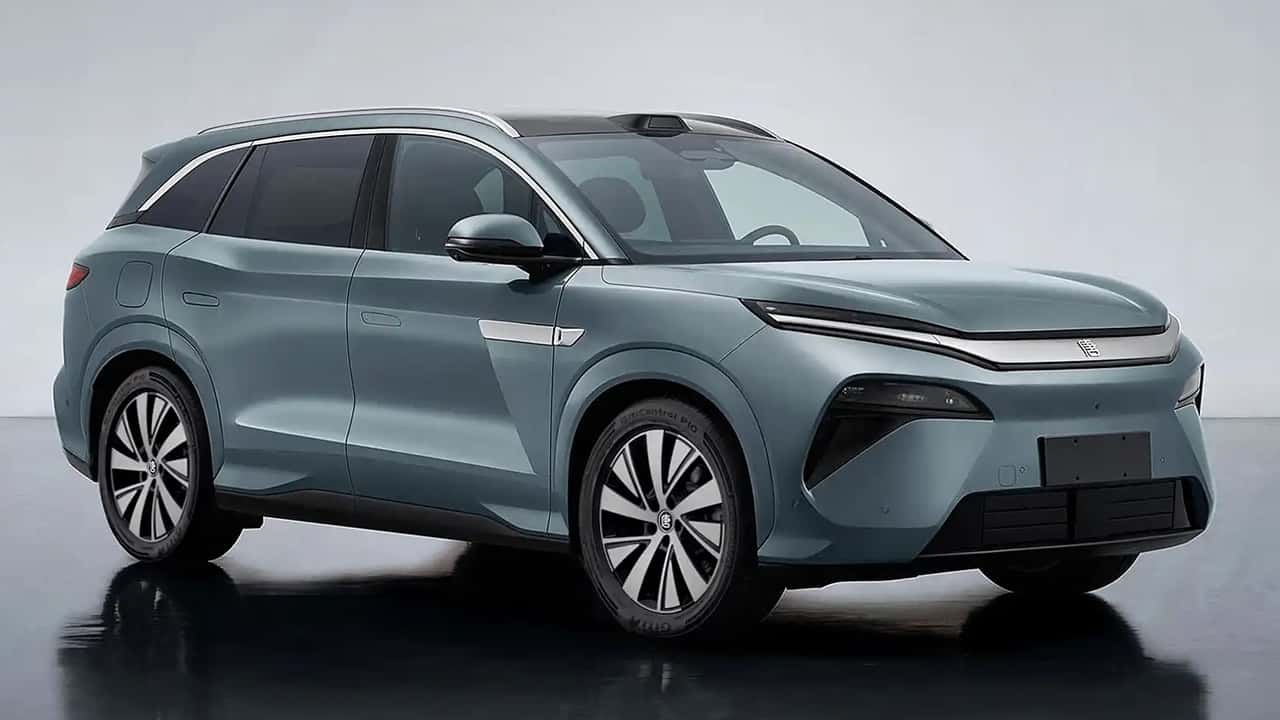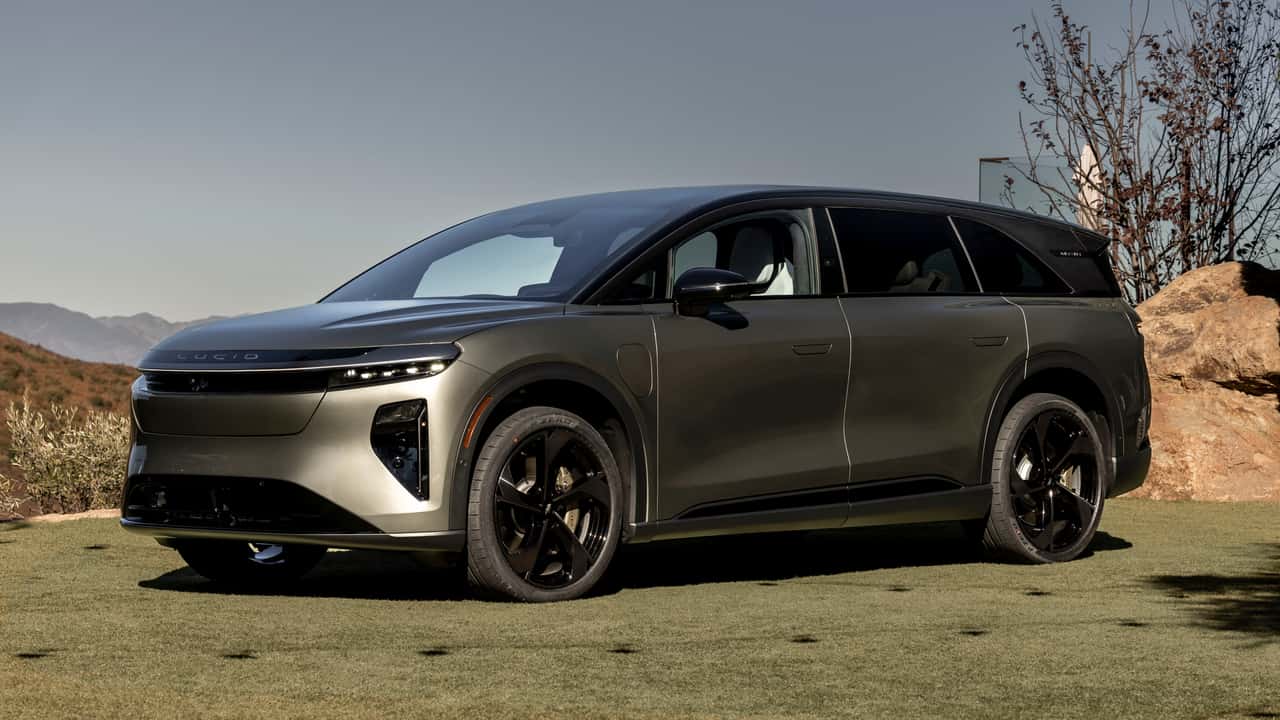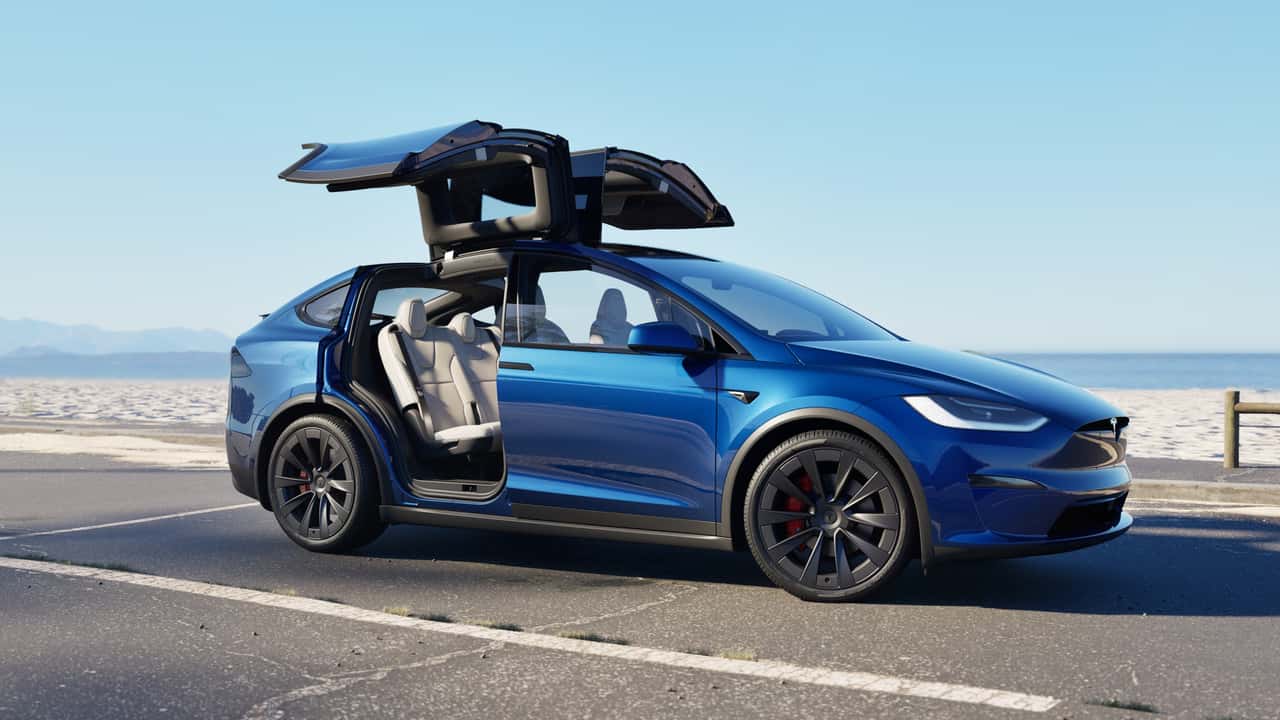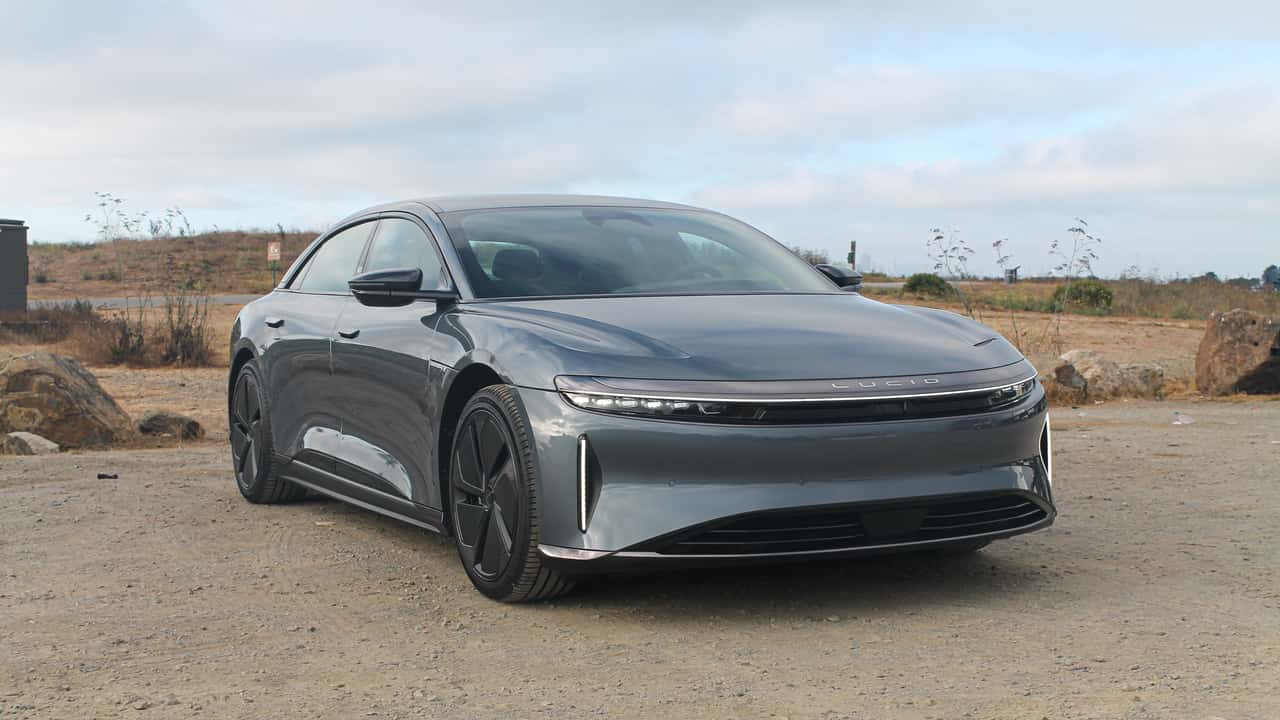The European Union and China are establishing new minimum price points for electric vehicles manufactured in China due to tariff pressures.
This year, significant changes are happening in global trade due to President Trump’s imposition of tariffs on American trading partners. The traditionally robust relationship between the U.S. and Europe is weakening as a result of this trade conflict. China could be seeking opportunities to draw Europe nearer, particularly concerning electric vehicle technology.
Welcome to the Friday issue
Critical Materials
Here’s your daily roundup of news and developments influencing the realm of electric vehicles and tech. Today, we also have: Tesla has halted the sale of its domestically produced Model S and X models in China; meanwhile, Lucid aims to acquire certain assets from the insolvent truck manufacturer Nikola.
30%: Is Hostile America Bridging the Gap Between the EU and China?

The European Union and China share strong trade connections, yet their partnership has faced numerous challenges. The EU has voiced concerns about China’s extensive electric vehicle subsidies, arguing that these benefits provide an uneven playing field for Chinese manufacturers against those from the West. Additionally, they appear to be at odds regarding Russia and the conflict in Ukraine.
However, as U.S. policies become more aggressive towards its allies, China and Europe are opening talks to deepen their trade ties. Chinese EV makers stand to benefit the most from that. Instead of the steep tariffs the EU slapped on Chinese EV imports last year, the two trading partners are now looking to establish minimum prices for Chinese-made EVs.
Here’s more from
Reuters
this morning:
EU trade commissioner Maros Sefcovic spoke with Chinese Commerce Minister Wang Wentao in the last 24 hours and both sides agreed to look into setting minimum prices, the EU spokesperson said.
Sefcovic had earlier stated that any minimum pricing should be equally effective and enforceable as the EU tariffs.
The Chinese Ministry of Commerce stated in an announcement that talks would commence right away.
Although numerous Chinese automotive companies have already ventured into the European market, they encounter import taxes as high as 45.3%, varying based on the company. The European Union applies specific rates such as 17% for BYD, 18.8% for Geely, and 35.3% for SAIC. In contrast, electric vehicles produced by Tesla in China only incur a relatively low tax rate of 7.8%. These charges exceed the usual 10% duty levied uniformly across all automobile imports entering the EU zone.
The German automotive industry association apparently greeted the trade discussions positively. After all, China represents a massive market for German automobile manufacturers, making up about one-third of their total sales from last year. In reaction to the European Union’s import duties, Chinese auto companies intended to increase their presence in Europe by constructing production facilities within the region. Companies such as BYD, Chery, Geely, and battery manufacturer CATL have expressed strong intentions to set up manufacturing operations across the continent.
Even though Chinese electric vehicles encounter significant duties when entering the U.S., European car manufacturers continue to depend significantly on the profitable American market through their export activities. Despite an ongoing halt in broader tariff actions for 90 days, President Trump’s 25% taxes on automobiles and automotive components persist. In contrast, China leads the way in electric vehicle production. Should Europe strengthen its partnerships further with Asia, this might propel the EU into a leading position technologically, potentially surpassing the current standing of the U.S. in the industry.
60%: Lucid Gains Control of Bankrupt EV Truck Manufacturer Nikola’s Properties

On Friday, Lucid declared that they would be acquiring certain facilities and assets formerly owned by truck manufacturer Nikola. This deal will not encompass the company’s operations, customer network, or the hydrogen fuel-cell technology utilized in their vehicles.
In 2014, the bankrupt manufacturer of heavy-duty vehicles ventured into electrification with electric trucks powered by batteries before shifting focus to hydrogen fuel-cell technology. Nonetheless, Nikola’s CEO at the time, Trevor Milton, faced legal troubles when he was charged with fraud and subsequently jailed; however, he received a pardon from President Trump. The company suffered significant setbacks due to multiple truck fires along with allegations of dishonesty within the leadership, leading to a severe decline in its fortunes.
On the contrary, Lucid is experiencing growth. The company plans to assume control of Nikola’s production plant in Coolidge, Arizona, along with a location in Phoenix, which previously served as Nikola’s main offices and innovation hub for products. As stated in a Lucid press statement, these sites encompass various assets such as battery-testing labs, climate test chambers, a complete vehicle dyno system, and specialized machinery.
These additions contribute an extra 884,000 square feet to Lucid’s presence in Arizona. Additionally, the company plans to provide employment opportunities for more than 300 ex-Nikola workers who have expertise in different areas such as engineering and software development. According to the automaker, these new locations will enhance the manufacturing capabilities for their forthcoming Gravity SUV model and support the creation of future mid-sized vehicle platforms.
90%: Tesla Halts Sales of Model S and Model X in China

The luxury Tesla Model S sedan and the Model X SUV are currently unavailable for ordering on the company’s Chinese website. These vehicles are produced at Tesla’s factory in Fremont, California, and they appear to be among the newest victims of the continuing trade conflict initiated under the Trump administration.
The U.S. has imposed 154% duties on all goods coming from China. In response, China set a maximum tariff of 125%, stating that such measures are nothing more than “a joke” and declaring they will “ignore” additional provocations from the U.S.
According to reports, Tesla managed to sell only 1,553 Model X vehicles and 311 Model S units in China last year.
Reuters
That’s merely a portion of its total sales, indicating that Chinese electric vehicle purchasers aren’t likely to miss out on these vehicles. With brands such as BYD, XPeng, Li Auto, and more offering numerous advanced and top-notch options, customers certainly have plenty of choices.
100%: Will Lucid Keep Expanding?

Smaller companies may be more vulnerable to the current global trade conflict than established automakers with substantial cash holdings. Lucid appears to benefit greatly from its connection to Saudi Arabia’s Sovereign Wealth Fund and intends to venture into the mainstream mid-size crossover market in the next few years.
Do you believe the Gravity SUV will aid in expanding their business? Will they manage to endure this intense trade war? Please share your opinions in the comments section.
Contact the author:
[email protected]
Related Stories
- Could China’s BYD Be the True Victor in the Tariff Disputes?
- This Electric Bike Has Broken the Range Record. However, There’s a Twist.
- Least Expensive Tesla Cybertruck Reaches U.S. Market with $10,000 Discount
- Tesla Cybertruck Offering 350-Miles Range, Reduced Mass Sets New Standards